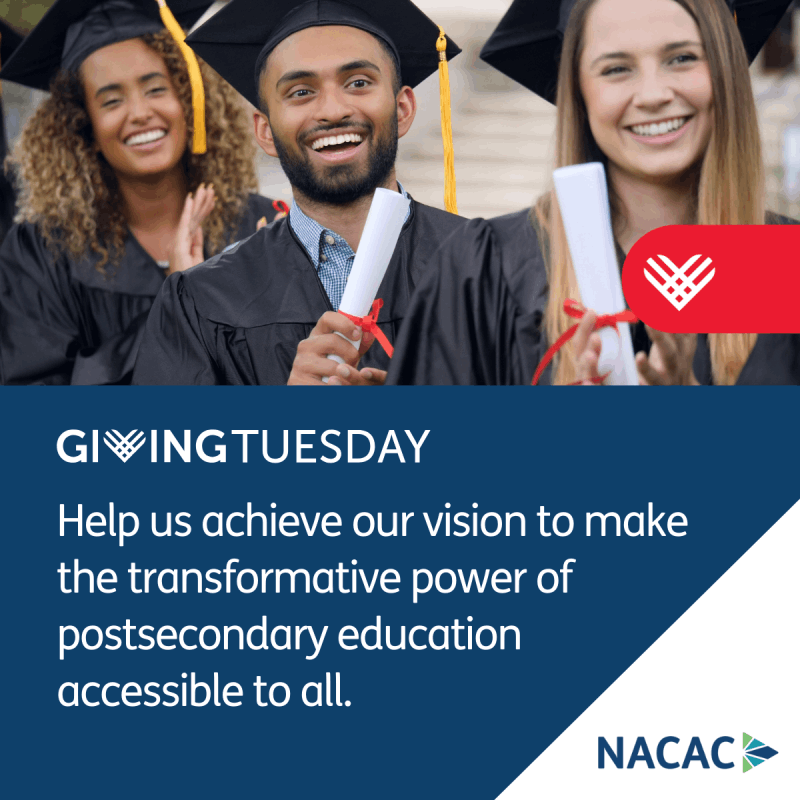By Sean Nyhan
LGBTQ students around the world face serious threats every day.
According to a 2015 GLSEN survey, 85 percent of students from this demographic reported cases of harassment. GLSEN, an advocacy group for LGBTQ K-12 students, says that this hostile environment can dramatically affect a student’s mental health.
It’s easy to see why students who report high levels of harassment view college as an afterthought. As GLSEN reports, these students are twice as likely to not even pursue a degree. Adding to the list of challenges facing this student population is the fact that identifying those who need help can be difficult, either because they have not publicly come out or have not arrived at the point of self-discovery themselves.
Brad Ward, a college counselor at Saratoga High School , identifies as transgender, but when applying to college decades ago she didn’t use that nomenclature. “I did not realize in the mid-1980s that I was transgender, and there was no terminology at the time to help me, or even an internet to find a community,” Ward says.
For Ward and students who share a similar experience, the sense of danger surrounding coming out or being outed without their consent is very real. In addition to the mental pain that can accompany associated harassment, many LGBTQ students fear physical violence. In the case of transgender students, 35 percent report being assaulted, 80 percent report some form of harassment, and nearly 20 percent report being homeless or denied a place to live. “Even if they want to disclose this aspect of themselves,” Ward says, “they can’t because of fear of actual violence and bullying against their populations.”
This fear presents serious obstacles that inevitably spill over into the college admission process, and the decision to not disclose certain aspects of who they are makes the search for the perfect fit an obvious problem. For students fearful of identifying themselves according to a particular category, Ward says “It’s OK!”
“They can be in the closet in high school, but 100 percent confident about who they are and still land at a perfect college fit.”
Fortunately, there are many resources LGBTQ students can use to find a path to higher education. LGBTQ students can find helpful advice through organizations like Campus Pride and the Trevor Project. Many colleges and universities even offer information for LGBTQ students right on their websites, sometimes in the forms of formal LGBTQ policies.
While Ward had no means of finding likeminded people in her community when she applied to college, she encourages students to use the tools at their fingerprints to identify positive peer networks. “Connecting with people all across the country and around the world is empowering and will make you feel so much better, even if your family and immediate high school community are not accepting of you.”
